Home>Guides>How-To Guides>What Kind Of Welder Do I Need For Home Projects
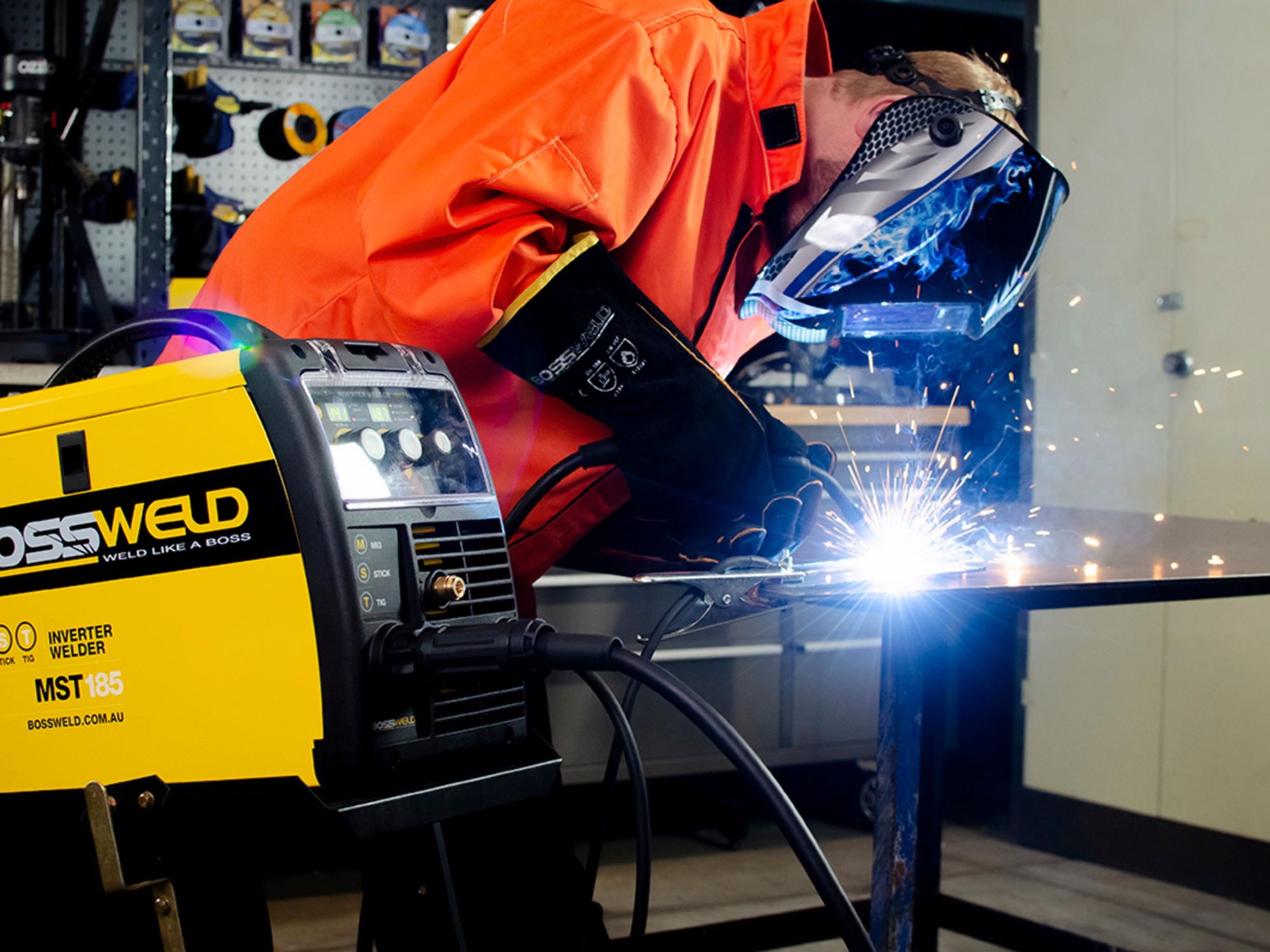

How-To Guides
What Kind Of Welder Do I Need For Home Projects
Modified: February 27, 2024
Discover the essential guide to choosing the right welder for your home projects with our in-depth "how-to" guides. Make informed decisions and tackle welding tasks with confidence.
(Many of the links in this article redirect to a specific reviewed product. Your purchase of these products through affiliate links helps to generate commission for Storables.com, at no extra cost. Learn more)
**
Introduction
**
So, you're ready to take on some welding projects at home. Whether you're a seasoned DIY enthusiast or just starting to dabble in metalworking, having the right welder is crucial for achieving professional-looking results. Welding can be an incredibly satisfying and practical skill to have, allowing you to tackle a wide range of projects, from building furniture to repairing metalwork around the house. However, with various types of welders available on the market, it can be challenging to determine which one is best suited for your specific needs.
In this comprehensive guide, we'll explore the different types of welders, discuss the essential factors to consider when choosing a welder for home projects, and recommend some top-notch welders that are ideal for DIY enthusiasts. By the end of this article, you'll have a clear understanding of the kind of welder you need to bring your home welding projects to life. Let's dive in and explore the exciting world of welding!
**
Key Takeaways:
- Choose the right welder based on your skill level, project needs, and budget to achieve exceptional results in your home welding projects.
- Stick, MIG, and TIG welders offer unique benefits, so select the one that aligns with your preferences and project requirements for successful metalworking endeavors.
Read more: What Kind Of Saw Do I Need For DIY Projects
Types of Welders
**
Before delving into the specifics of each type of welder, it's essential to understand the fundamental differences between them. The three most common types of welders used for home projects are:
-
Stick Welders (SMAW): Also known as Shielded Metal Arc Welding (SMAW), stick welding is a versatile and straightforward method suitable for various metal thicknesses. This type of welder is highly portable, making it a popular choice for outdoor and on-the-go projects. Stick welders are known for their ability to weld on rusty or dirty materials, making them ideal for repairs and maintenance tasks.
-
MIG Welders (GMAW): Gas Metal Arc Welding (GMAW), commonly referred to as MIG (Metal Inert Gas) welding, is a popular choice for beginners and experienced welders alike. MIG welders are known for their ease of use, high welding speed, and ability to create clean and aesthetically pleasing welds. They are suitable for welding thin to medium-thickness materials, making them ideal for automotive repairs, fabrication, and general DIY projects.
-
TIG Welders (GTAW): Tungsten Inert Gas (TIG) welding, or Gas Tungsten Arc Welding (GTAW), is favored for its precision and ability to produce high-quality welds on a variety of metals, including aluminum, stainless steel, and copper. TIG welding requires a steady hand and more advanced skills, making it suitable for intricate and detailed work, such as jewelry making, sculpture, and aerospace applications.
Each type of welder has its own set of advantages and limitations, so it's crucial to consider the specific requirements of your home projects before making a decision. Understanding the characteristics of each welder will help you determine which one aligns best with your skill level, project demands, and long-term welding goals.
**
Factors to Consider
**
When it comes to selecting the right welder for your home projects, several key factors should influence your decision. By carefully considering these factors, you can ensure that the welder you choose meets your specific needs and enables you to achieve exceptional results. Here are the essential factors to keep in mind:
-
Project Requirements: Start by evaluating the types of projects you intend to undertake. Consider the materials you will be welding, the thickness of the metal, and the desired aesthetics of the welds. This assessment will help you determine which welding process and equipment are best suited for your projects.
-
Skill Level: Assess your current welding skills and comfort level with different welding techniques. If you are a beginner, you may want to prioritize user-friendly welders that offer ease of operation and control. Experienced welders, on the other hand, might seek more advanced features and capabilities.
-
Portability: Depending on your workspace and the nature of your projects, portability can be a crucial factor. If you anticipate working on projects in various locations or outdoors, a lightweight and portable welder may be advantageous.
-
Power Source: Consider the power sources available in your workspace. Some welders are designed for 120V household outlets, while others require 240V power. Ensure that the welder you choose aligns with the power source you have access to.
-
Duty Cycle: The duty cycle indicates the amount of time a welder can operate within a 10-minute window before needing to cool down. For continuous or heavy-duty projects, a welder with a higher duty cycle is essential to prevent overheating and downtime.
-
Budget: Establish a realistic budget for your welding equipment. While it's important to invest in a quality welder, there are various options available at different price points. Consider the long-term value and versatility of the welder in relation to your budget.
By carefully evaluating these factors, you can narrow down your options and make an informed decision when selecting a welder for your home projects. Remember that the right welder can significantly impact the quality and efficiency of your welding endeavors, so it's worth taking the time to assess your needs thoroughly.
**
For home projects, a good option is a MIG welder. It’s easy to use, versatile, and can handle a variety of materials and thicknesses. Look for one with adjustable settings for more control.
Recommended Welders for Home Projects
**
Now that you have a solid understanding of the types of welders and the essential factors to consider, it's time to explore some top-notch welders that are well-suited for home projects. These recommendations encompass a range of welding processes and cater to various skill levels and project requirements.
1. For Beginners and General DIY Projects:
If you're new to welding or primarily focused on DIY projects, a user-friendly MIG welder such as the Hobart Handler 140 or the Lincoln Electric K2185-1 Handy MIG Welder is an excellent choice. These welders offer a smooth welding experience, adjustable settings, and the capability to weld mild steel, stainless steel, and aluminum, making them versatile options for a wide range of home projects.
2. Versatile and Portable Option:
For those who prioritize portability and versatility, the Forney Easy Weld 140 FC-i, a flux-core wire welder, is a compact and lightweight solution. It can handle mild steel, stainless steel, and aluminum, making it suitable for automotive repairs, maintenance, and light fabrication work. Its ease of use and portability make it an attractive option for DIY enthusiasts on the move.
3. Advanced Welding Capabilities:
If you have intermediate to advanced welding skills and seek a welder with advanced capabilities, the AHP AlphaTIG 200X, a TIG welder, offers precise control, excellent arc stability, and the ability to weld a wide range of metals. Its dual-voltage input and impressive duty cycle make it suitable for demanding home projects, including artistic metalwork and intricate repairs.
4. All-in-One Solution:
For those who desire the flexibility to switch between welding processes, a multi-process welder such as the ESAB EMP 215ic, which offers MIG, TIG, and stick welding capabilities, provides a comprehensive solution for diverse home projects. Its compact design and intuitive interface make it an appealing option for DIY enthusiasts seeking versatility and convenience.
These recommended welders represent a diverse selection tailored to different skill levels, project demands, and preferences. Whether you're a novice welder embarking on your first projects or an experienced enthusiast seeking advanced capabilities, there's a welder on the market that can elevate your home welding endeavors to new heights.
**
Conclusion
**
Embarking on welding projects at home opens up a world of creativity, practicality, and skill development. By selecting the right welder for your specific needs, you can unleash your potential to fabricate, repair, and create with metal, all within the comfort of your own workspace. As you conclude your journey through this comprehensive guide, it's essential to reflect on the key takeaways that will guide you toward successful home welding projects.
First and foremost, understanding the differences between stick, MIG, and TIG welders empowers you to make an informed decision based on the unique characteristics and applications of each type. Whether you prioritize portability, ease of use, or advanced precision, there's a welder tailored to your preferences and project requirements.
Considering the essential factors, such as your skill level, project demands, power source, and budget, will guide you toward a welder that aligns seamlessly with your needs and empowers you to achieve exceptional results. By carefully evaluating these factors, you can make a confident investment in a welder that will serve as a valuable tool in your metalworking endeavors.
Finally, the recommended welders presented in this guide offer a diverse array of options, catering to beginners, seasoned DIY enthusiasts, and those seeking advanced welding capabilities. Whether you prioritize simplicity, portability, versatility, or all-in-one functionality, there's a welder that can elevate your home welding projects to new heights of craftsmanship and creativity.
As you embark on your welding journey, remember that practice, patience, and continuous learning are the cornerstones of mastering this versatile skill. With the right welder at your side, you'll have the tools to bring your metalworking visions to life, from crafting custom furniture to restoring treasured metal pieces.
So, equip yourself with the knowledge gained from this guide, explore the exciting world of welding, and unleash your creativity and craftsmanship through the art of home welding projects. Your journey begins with the right welder in hand, ready to transform raw materials into enduring works of art within your own workshop.
Frequently Asked Questions about What Kind Of Welder Do I Need For Home Projects
Was this page helpful?
At Storables.com, we guarantee accurate and reliable information. Our content, validated by Expert Board Contributors, is crafted following stringent Editorial Policies. We're committed to providing you with well-researched, expert-backed insights for all your informational needs.
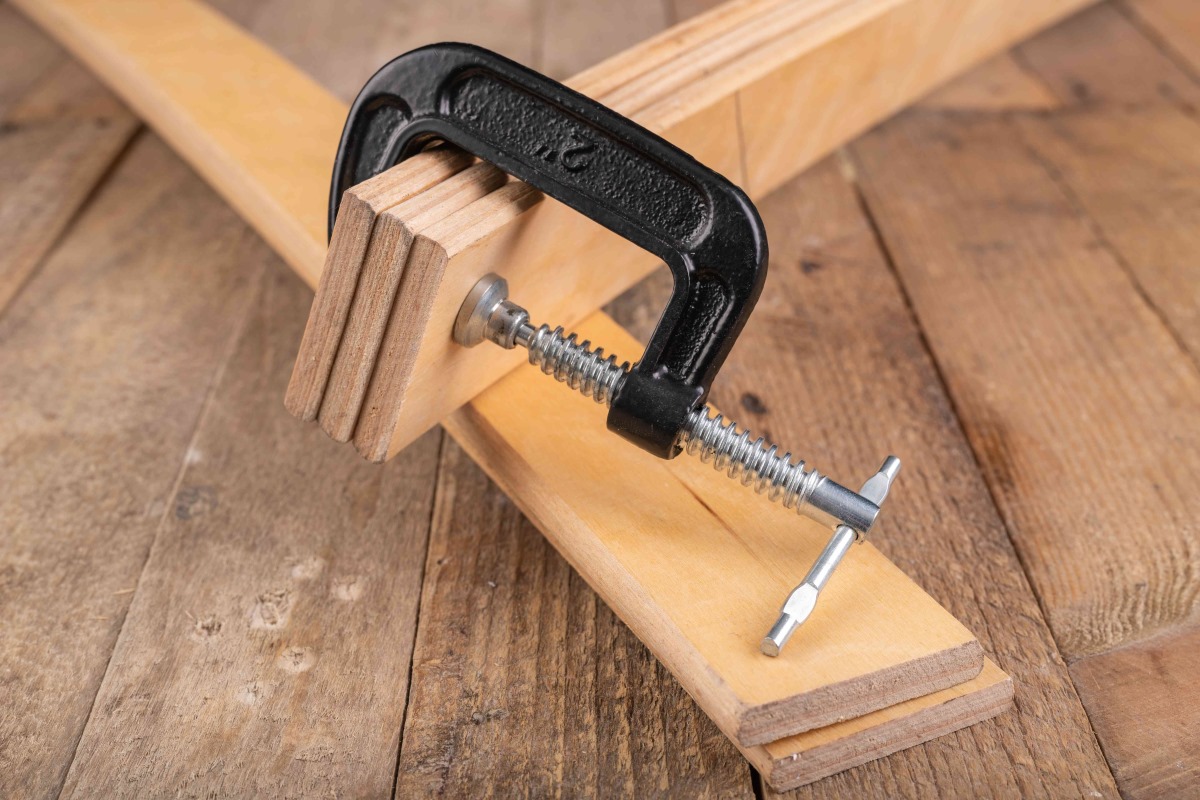
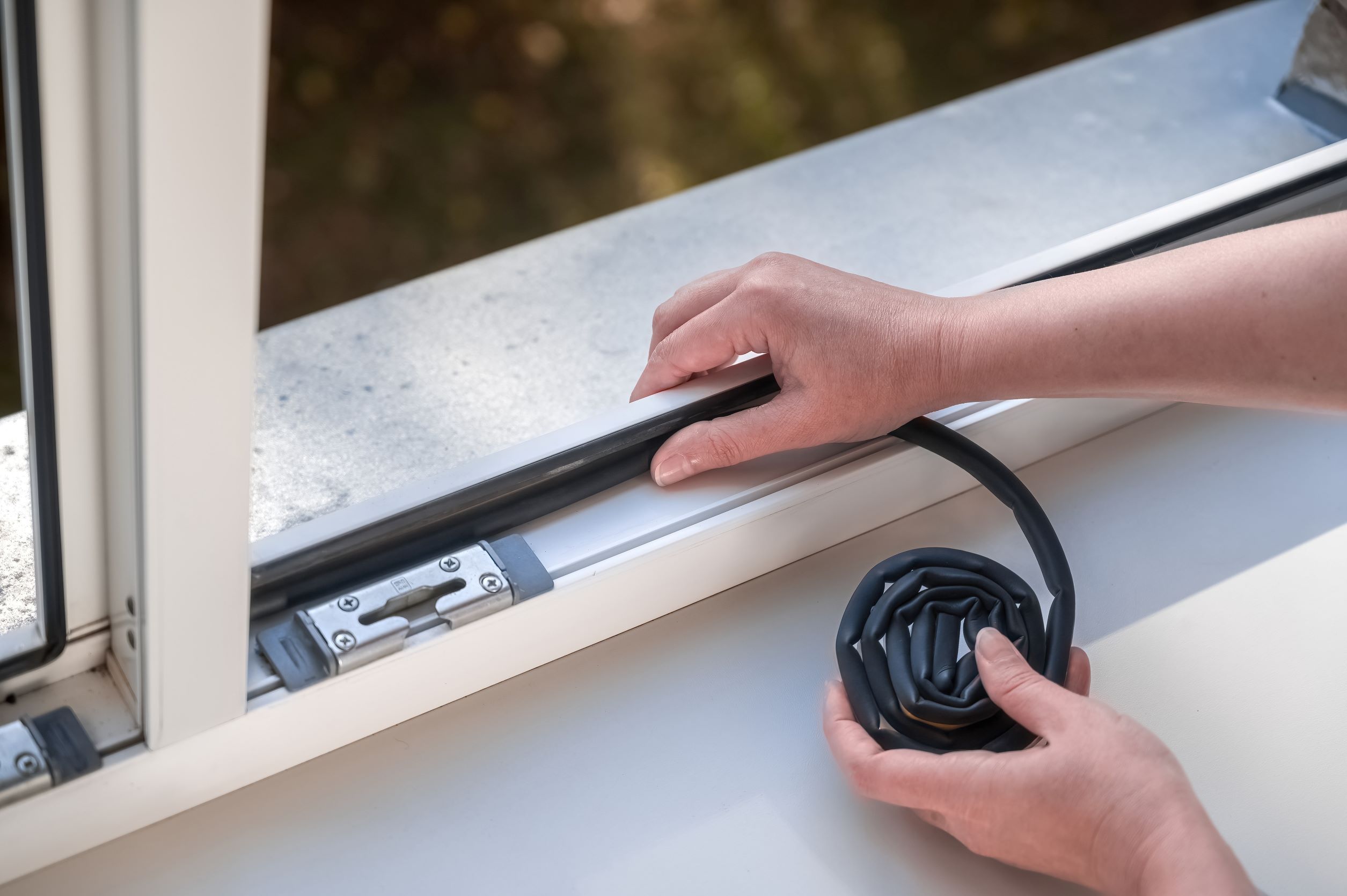
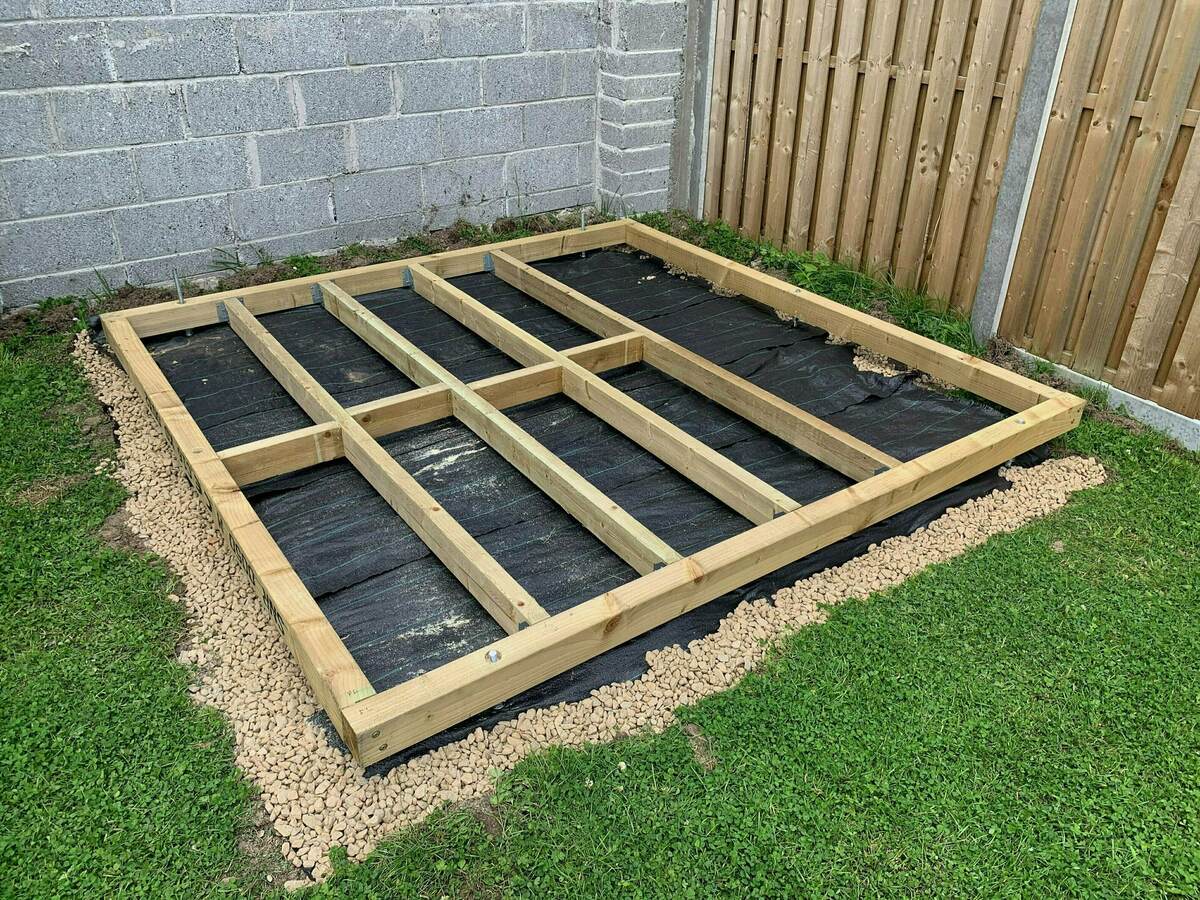
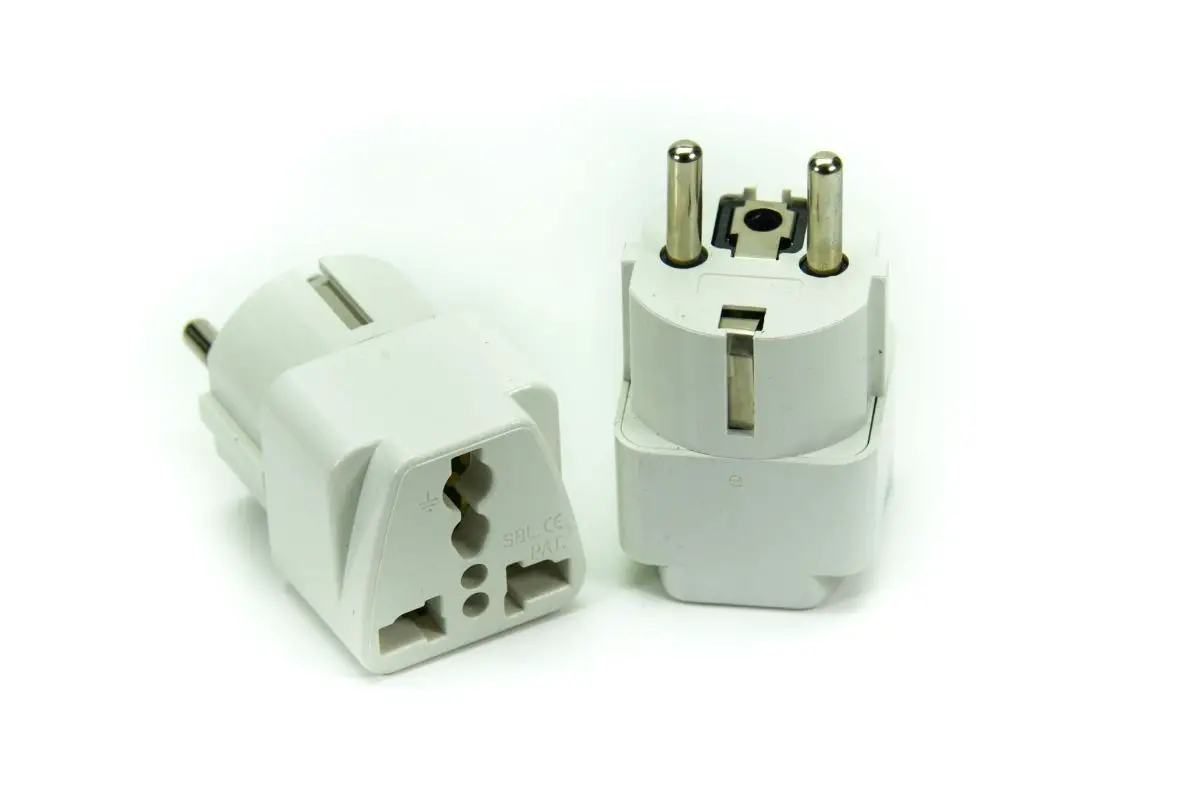
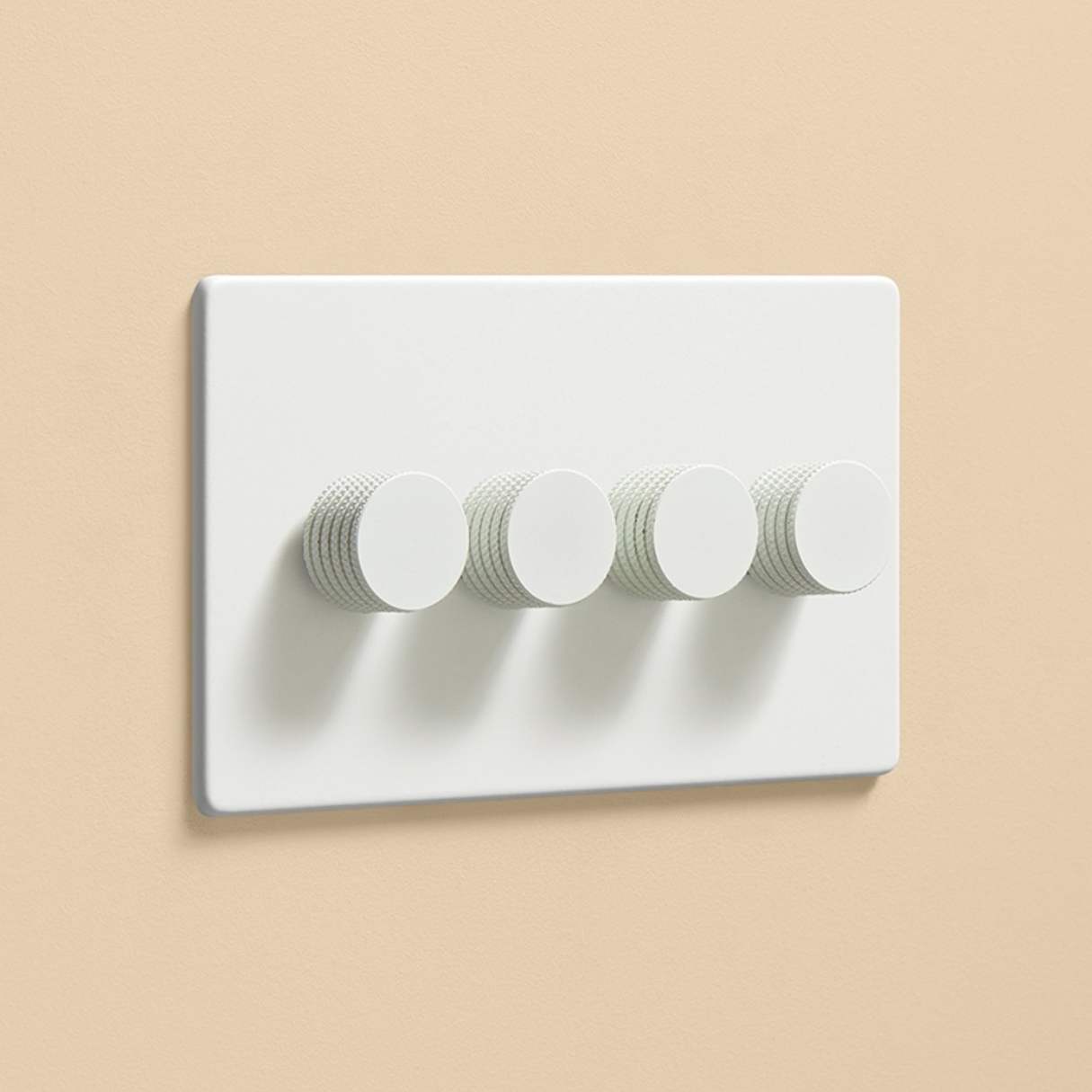
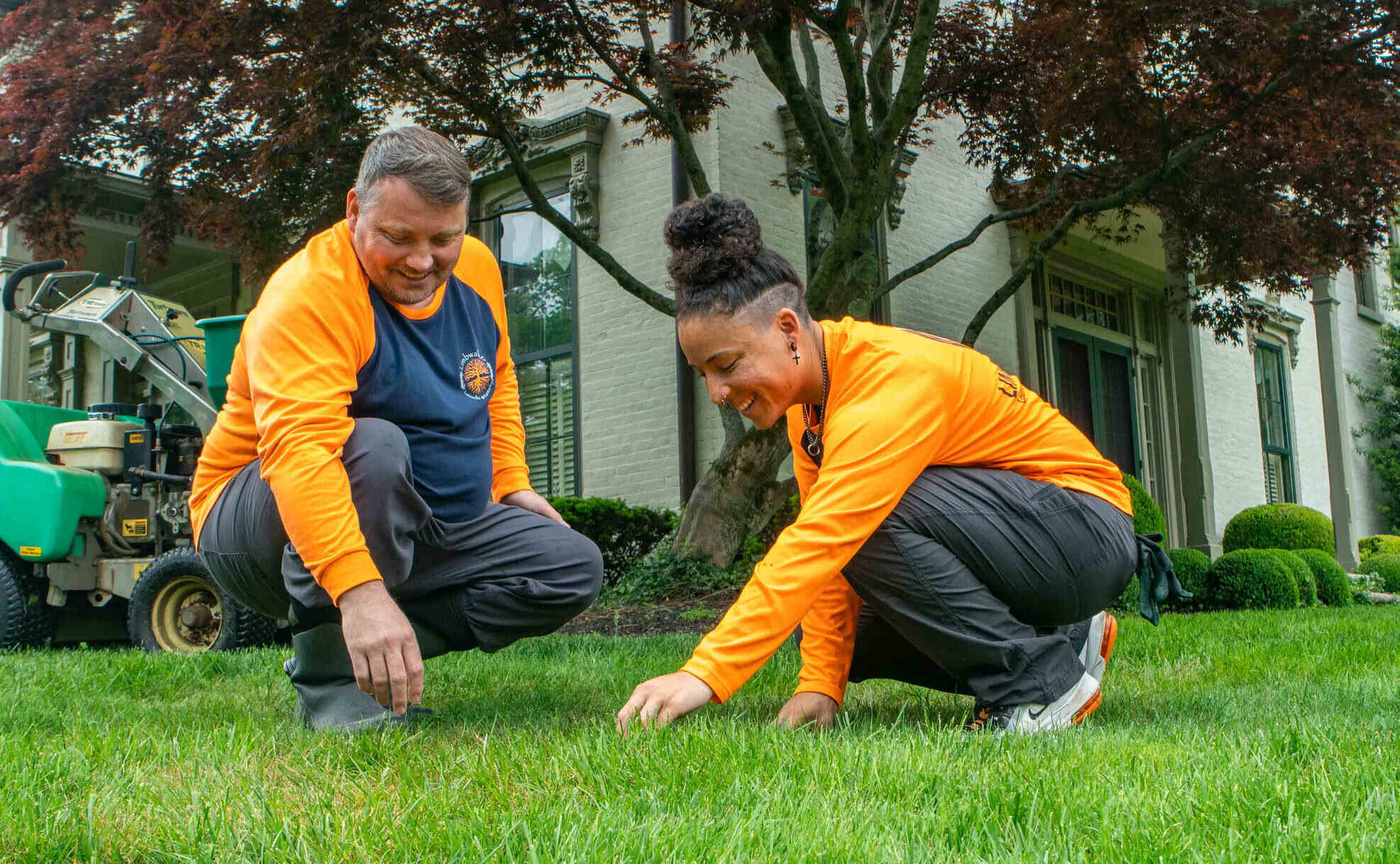

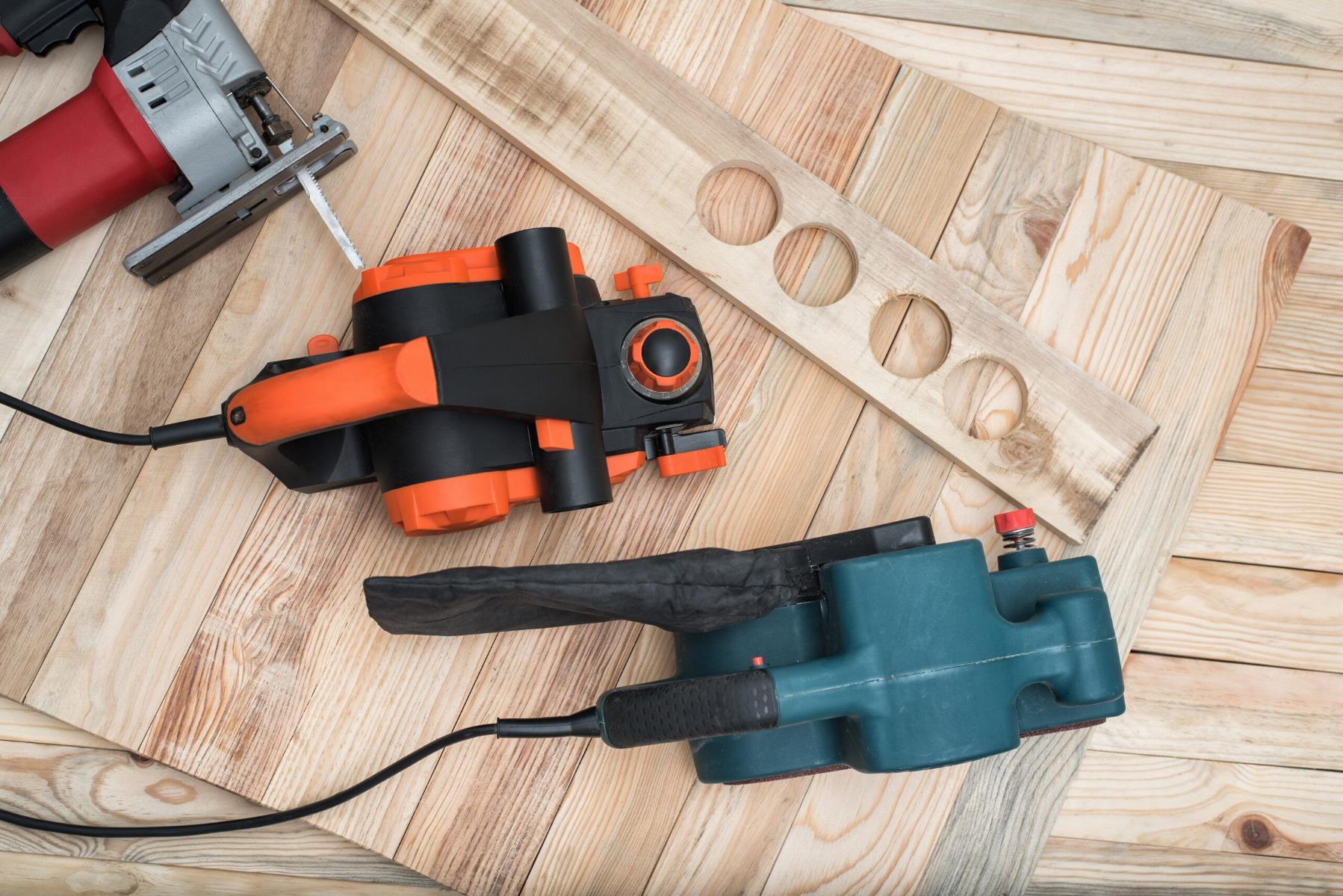
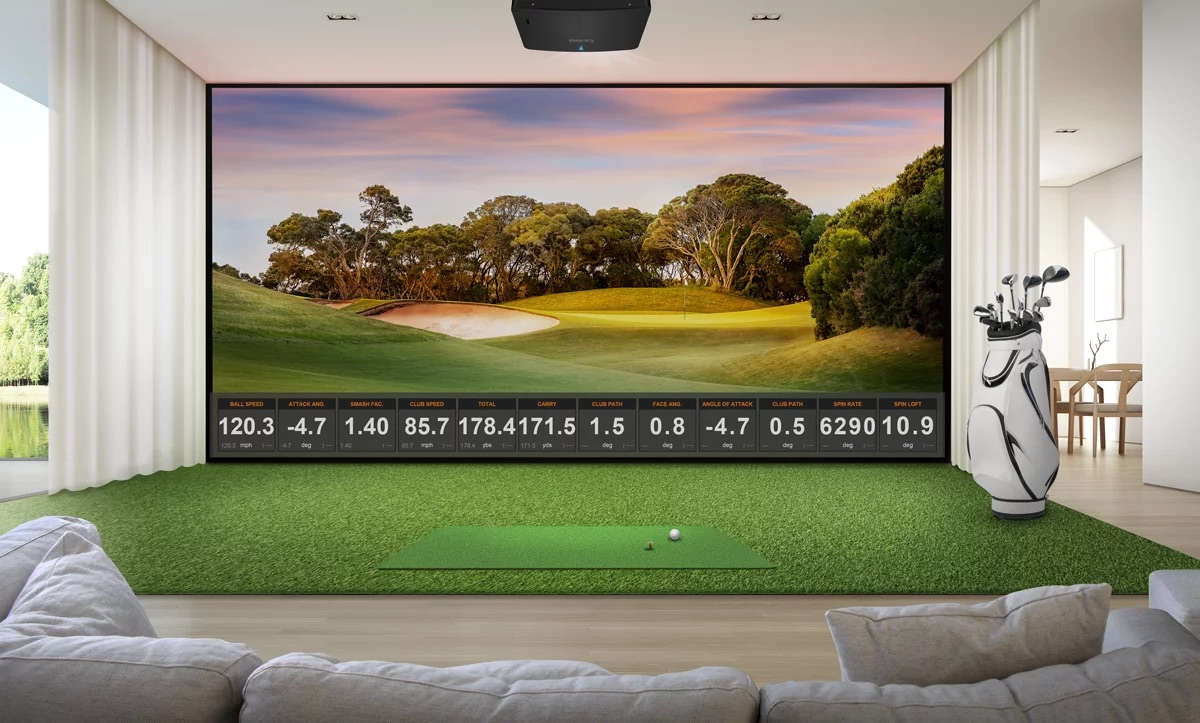
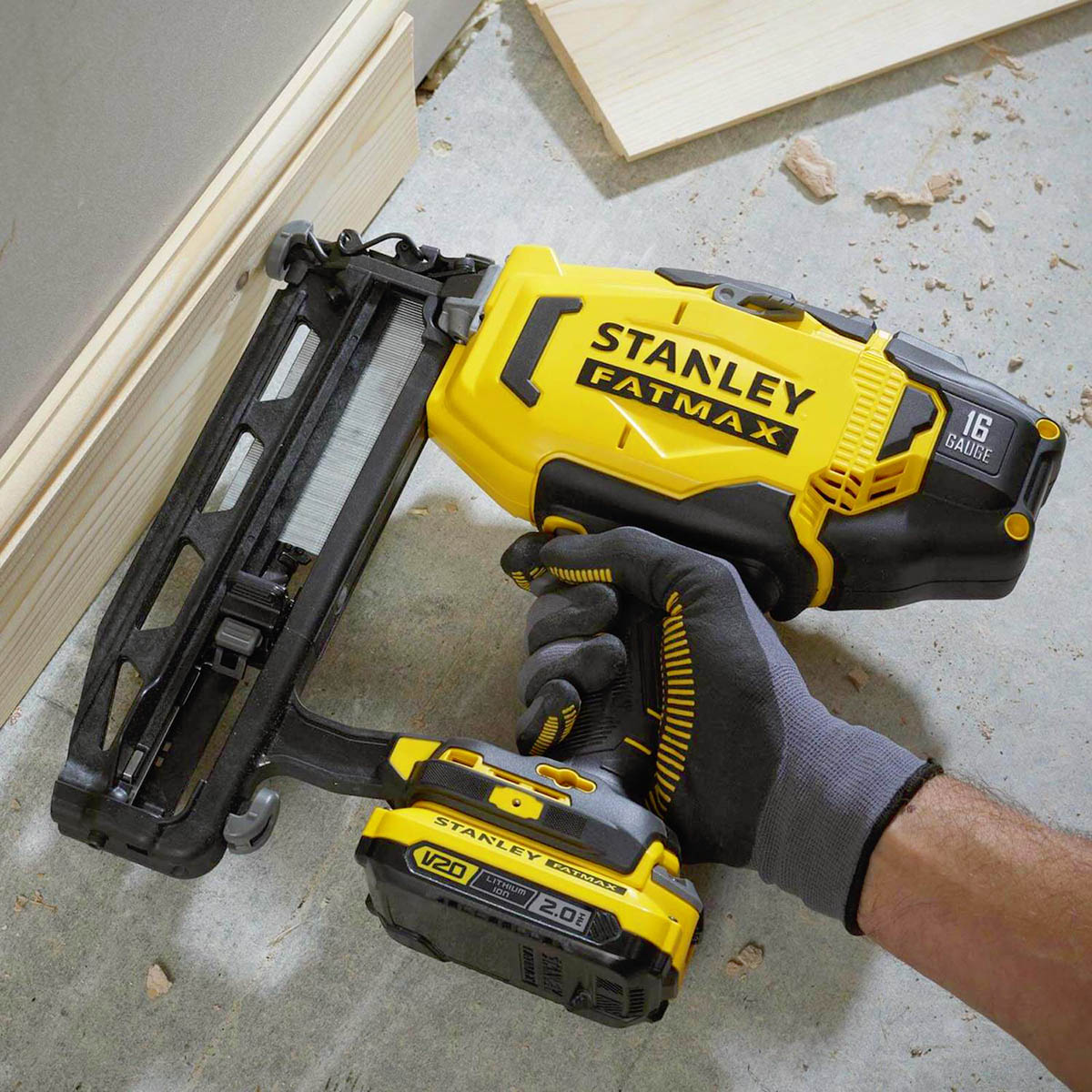
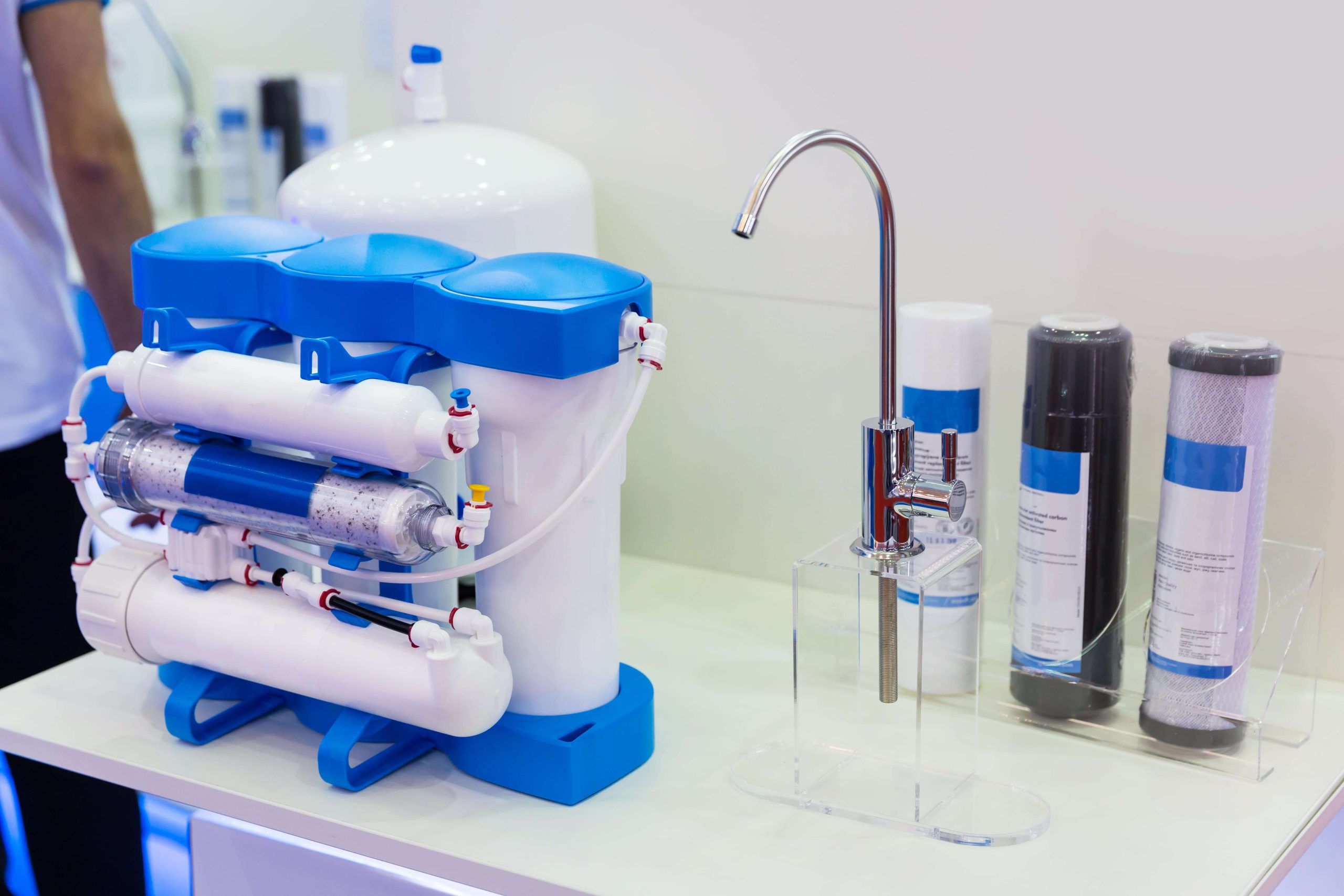

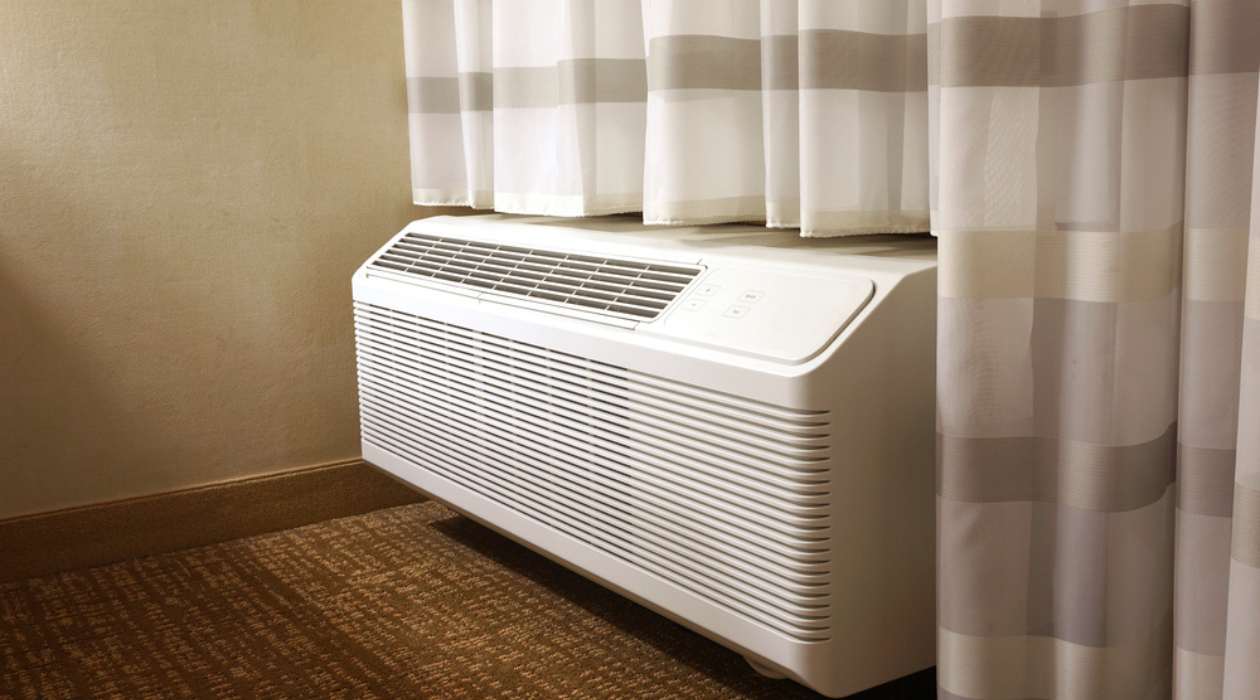
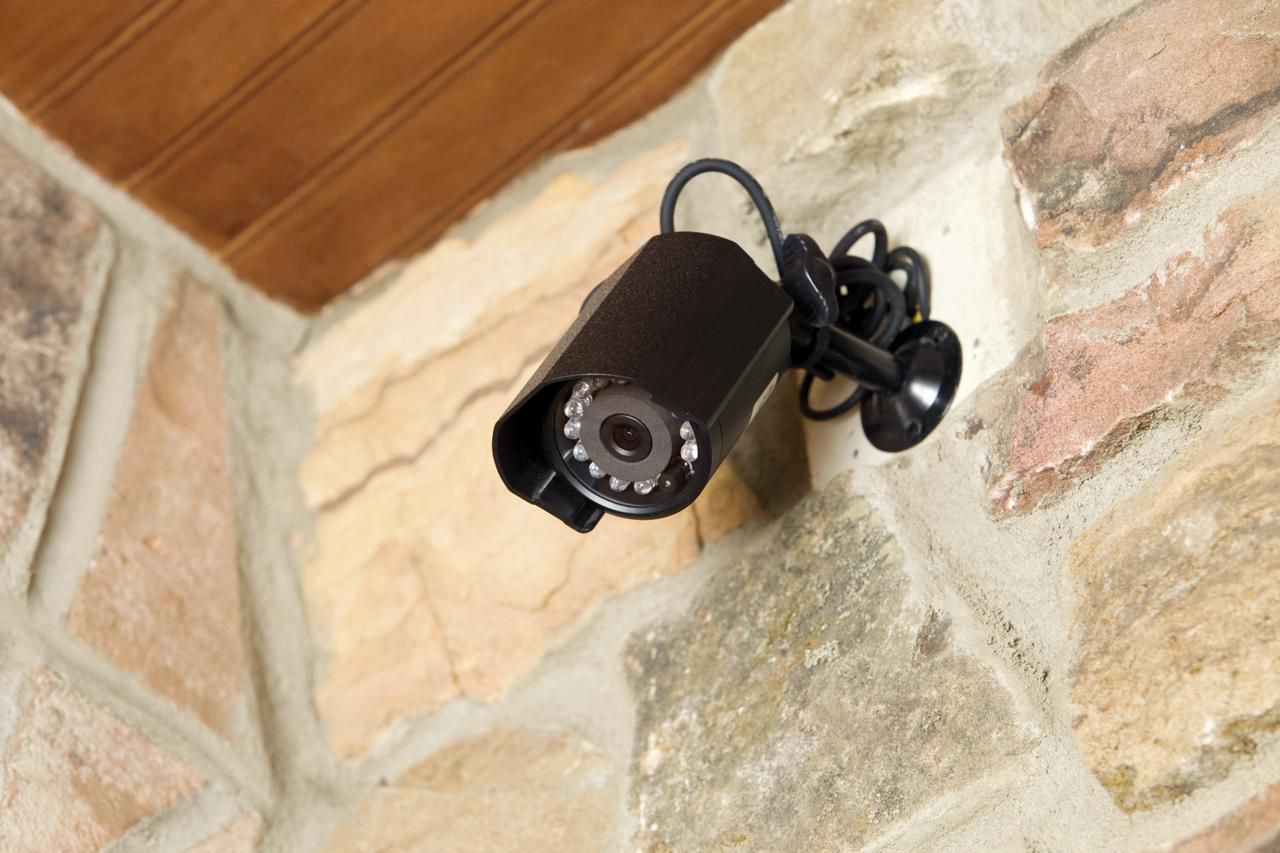
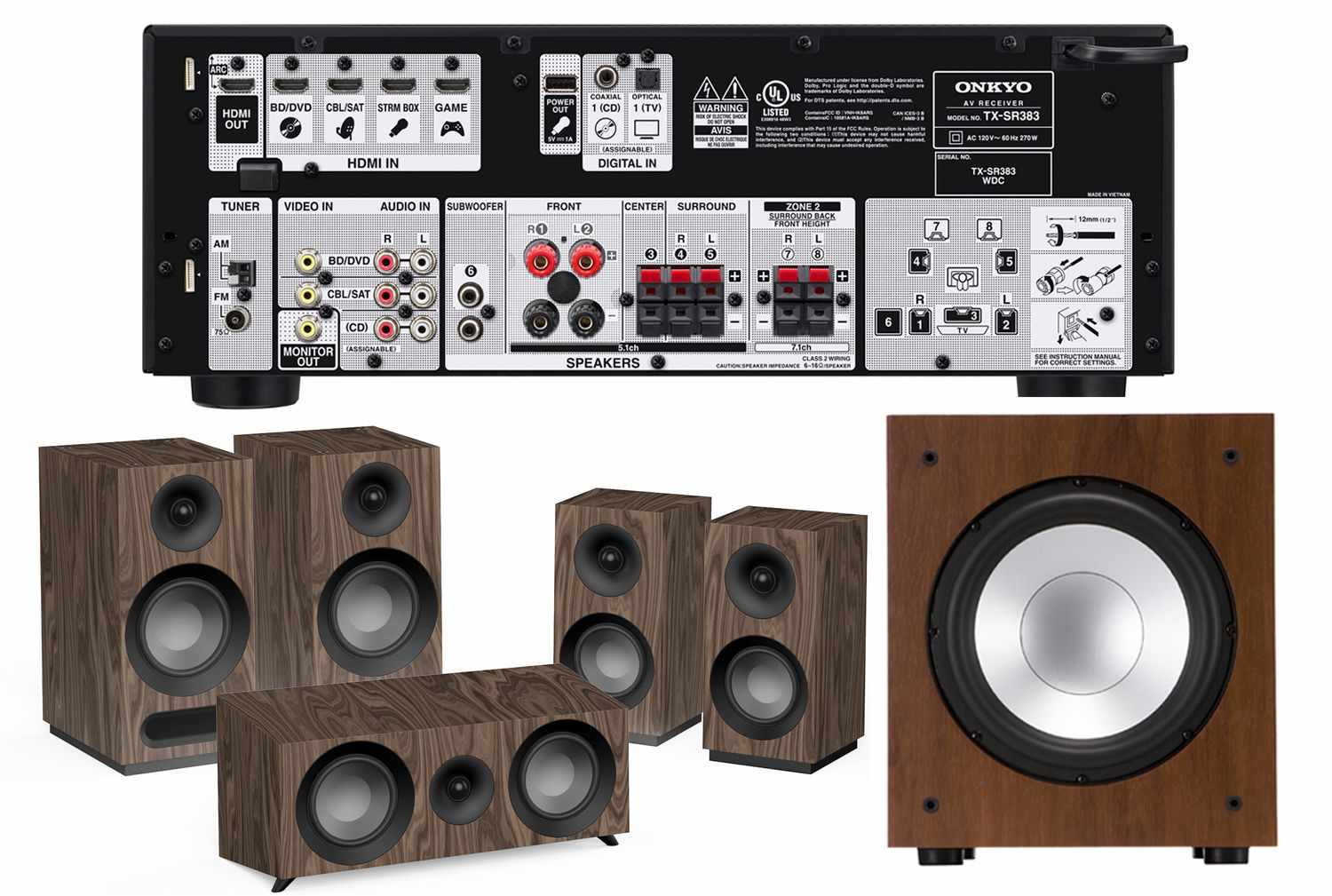

0 thoughts on “What Kind Of Welder Do I Need For Home Projects”